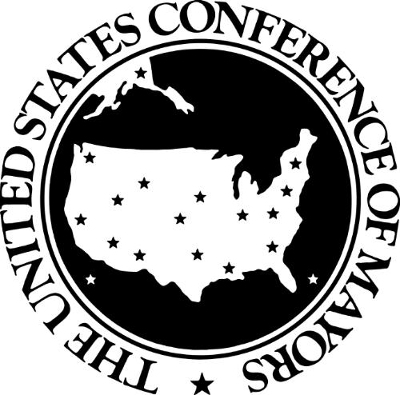The Engineering Design Research Laboratory (EDRL) was funded in 2011. It focuses on engineering systems, structures, and material design optimization algorithms. Our research aims to exploit and develop synergies among structural engineering, engineering mechanics, material science, and manufacturing to introduce new insights and capabilities to engineering design.
Our long-term vision is to develop multidisciplinary, multiscale design methodologies to address challenges in the design of novel materials, products, and systems in a highly integrated manner. Research topics include: topology optimization, design under uncertainty, multiscale design, metamodel-based design, and design for additive manufacturing.
Applications include vehicle structural optimization (e.g., crashworthiness, ballistic penetration, and blast mitigation), materials for energy storage, and composite material optimization, and their integration in a multiscale material and structure design methodology.
The numerical developments and simulations are supported by EDRL's IBM dx360 M3 computer nodes comprised of twelve dual Intel E5645 processors of 2.4 GHz, 24 GB of RAM, and an internal 250 GB SATA drive. Computer nodes are installed on a shared-memory environment at Indiana University's Quarry cluster, a supercomputer-class system dedicated to handle massive data sets.
The physical testing and validation will be performed on the Hit Lab's Split Hopkinson pressure (SHPB) bar for high strain rate compression testing at IUPUI (SL 044A). The SHPB is equipped with three sets of incident/transmitter bars (2.82 m in length each bar) in different materials: Nylon (50.8 mm in diameter), 7075-T6 aluminum alloy (25.4 mm in diameter), and C350 maraging steel (12.7 mm in diameter).
A library of modeling, analysis, and optimization tools include: MATLAB's optimization toolbox, iSIGHT optimization software package, COMSOL's multiphysics modeling capabilities, ANSYS, NX, and LS-DYNA for nonlinear transient finite element analysis as well as a suite of in-house structural optimization tools.
Over thirty fused filament fabrication (FFF)/fused deposition modeling (FDM) 3D printers including: one uPrint SE Plust from Stratasys (Minnesota, USA), one AW3DXL Deluxe from AirWolf (California, USA), two Makerbot Replicator 2X from Stratasys (Minnesota, USA), two Steam Engine from 3D Parts Manufacturing (Indiana, USA), ten A5 MINI from Afinibot (China), ten in-house Prusa it2 and one Prusa it3, and several experimental printers. In addition, the lab has three stereolithograpy (SLA) printers: one Form 1+ and two Form 2 from FormLabs (Massachusetts, USA).


Optimal plastic injection molding tooling design and production through advanced additive manufacturing.

Multi-material, multi-objective topology optimization for crashworthiness using extended hybrid cellular automata (gmHCA).

Topology Crash Optimization of Progressively Buckling Thin-walled Structures using Tubular Compliant Mechanisms—Improved Conceptual Design using a Target Dynamic Response.

Developing a Microstructure-based Design and Optimization Software for Lithium Ion Batteries.
Promoting Creativity in Engineering/Technology Graduate Education